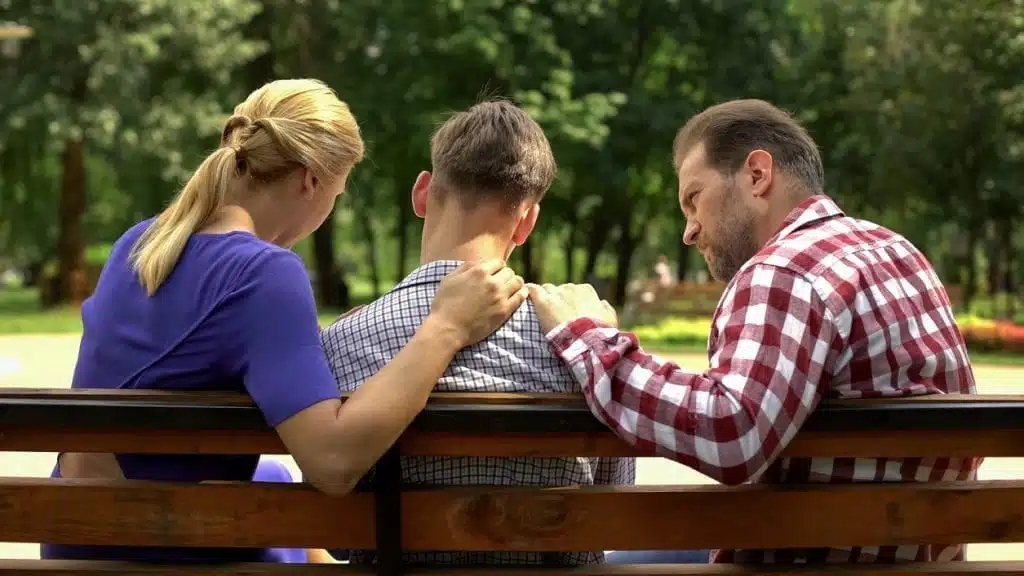Parenting an At-Risk Youth

Having an at-risk teenager can be scary at times and downright frightening at others. It’s late, they haven’t come home and you’re not sure where they are or with whom. These situations are every parent’s nightmare. But what can you do. Kids today seem to have so much confidence and do things their parents might never have done.
There are studies which can be used to assist parents. These studies have shown that the best way to handle an at risk teen is to prevent serious problems in the first place. How? By developing and maintaining an excellent and close relationship with your child.
Well that’s easy to say but how is it achieved? Here are some tips to build that relationship with your child.
- Have a set rule that any time your teen goes out they must inform their parents of where they are going and with whom
- Keep a close eye on your child’s schooling both their academic success and any involvement with extra-curricula activities
- Give your teen chores to do around the house. Follow up on how they are doing and reward them for a job well done
- Have a curfew for your kids and make sure it is followed. Failure to do so can mean they miss an event they wish to attend in the future
- Know what your teen is doing away from school
- Know the names and contact details of your teen’s friends
From the above you can see that the parent who follows through on these activities is well aware of what is happening the life of their teen. The teen will appreciate an interest from their parents and whilst they may complain asking for more freedom, deep down they will understand that their parent loves them and is looking out for their best interests.
Teens who are at risk will often have a lopsided view on things. They do not have the life experiences of their parents. But that doesn’t mean a teen’s complaint or comment should be dismissed by the parent. Treat your teen with respect, discuss the issue sensibly and try to put a total viewpoint on the matter.
While the teen years are ones where body changes are often the most vigorous, it is possible to notice certain signs in a younger child that they might fall into the at risk category. If your child has frequent disagreements with their teachers, is absent without leave from school and their grades are falling, the parent should be concerned. There might be a problem with their health. It is wise to nip in the bud any situation where your child is unruly and disrespectful.
The solution may be found by having your child assessed for any medical problem and by developing a good relationship with them. Be willing and able to talk things through always listening as much as possible. A problem may be small to an outsider and to you but to a child it can be something major.
At risk teens need rules and guidelines. They might complain about certain conditions but deep down they want guidance and to be able to earn your respect and possible rewards.











